Lorem ipsum dolor sit amet, consectetuer adipiscing elit, sed diam nonummy nibh euismod tincidunt ut laoreet dolore magna aliquam erat volutpat.
Case: HCJ 1523/22 Plonit v. High Rabbinic Court, Ashkelon District Rabbinic Court
Date
Decision
In 2019, a woman and her husband agreed to divorce. The couple had been married in 2006 in accordance with the laws of Moses and Israel, and under the auspices of the Israeli rabbinate. The woman is a Jew from the Former Soviet Union. The husband is a Jew born in Israel. The couple agreed on everything and the family court authorized their agreement. They then jointly asked the rabbinic court to perform the get, which is a prerequisite to obtaining a civil divorce decree from the state. The rabbinic court refused, demanding that the woman undergo a re-investigation into her Jewish roots.
In 2022, CWJ petitioned the Supreme Court on behalf of the woman to order the rabbinic court to perform the get without a re-investigation of her Jewish roots. We argued that it was a violation of natural law (due process) to keep changing the rules retroactively with regard to the evidence required to prove one’s Jewishness. And besides, we pointed out that there was no doubt that the rabbinic court would require the couple to undergo the get ceremony since they had married religiously.
Upon deliberation, the Attorney General and rabbinic court agreed that the rabbinic court could oversee the get without re-inquiring into the Jewish status of our client. Pleased that the case was resolved, the Court dismissed the petition with the promise that the rabbinic court would oversee the get.
Nonetheless, and despite its promise, the rabbinic court has refused to oversee the get ceremony. The rabbinic judges are insisting that Court issue a precedential decision giving rabbinic courts broad jurisdiction in all matters involving any citizen whose Jewishness is in question. The Attorney General is insisting that rabbinic courts have jurisdiction only in those cases in which there is no independent evidence that the Jewishness of the litigant is disputed.
The case is not resolved. CWJ’s client is still married 4 years after she requested the get, being held hostage as leverage by the rabbinic courts.
